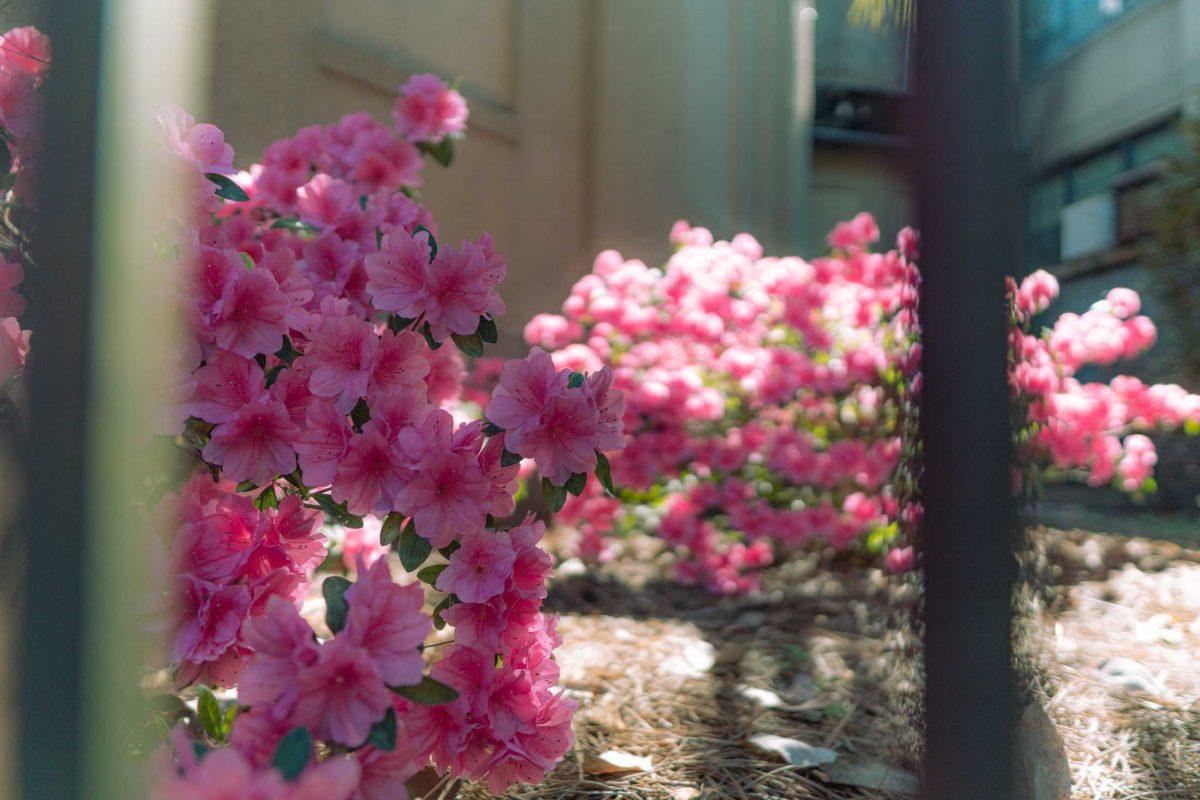“Beauty will save the world.”
This famous quote from Dostoevsky’s 1874 classic “The Idiot” might seem rather bizarre to us today. Will it? Really?
The West, America especially, has come to look down on beauty as something frivolous and impractical. Certainly no one actively dislikes it, but it is rarely seen alongside justice, truth and other philosophical concepts that are insistently deemed essential for developing a healthy society.
After all, is beauty not just some subjective, even superficial, sense of pleasure or satisfaction? What power could something like beauty actually have, especially when it comes to saving our wild and raucous world?
When taken out of context, Dostoevsky’s insistence upon the world-changing power of beauty is admittedly a bit extreme; however, it serves as the perfect starting point for re-examining our dismissive assumptions about the role of beauty in addressing some of humanity’s most pressing dilemmas.
Sir Roger Scruton, a writer and philosopher who has become one of my go-to resources for all things aesthetic, proposes that, as a culture, we are making an incredibly grave mistake by de-centralizing the role of beauty in our lives.
In “Beauty,” his popular 2011 work on the aesthetics — the philosophical sub-discipline concerning art and beauty — Scruton declares that Western culture is undergoing an unprecedented “flight from beauty,” as he terms it.
For centuries, human life, faced with its seemingly endless onslaught of horrific afflictions and existential threats, has always had the consolation of beauty as a guiding light in an otherwise dark and chaotic universe.
Looking back on things like ancient mythology, Gothic cathedrals and even old American folk songs, one can see how the pursuit of beauty once affirmed and elevated human suffering into something redemptive and meaningful.
Similar to Aristotle’s famous notion of aesthetic “catharsis,” in which an experience of beauty through art is said to present reality in a way that is otherwise impossible to come by, Scruton asserts that art has the ability to vigorously expand the lens through which we see the world.
Beauty’s ability to shine light on new horizons is easily observed in artistic genres like literature and painting, in which the viewer is quite literally invited to explore new subjectivities and visual perspectives.
However, as I have written about in the past, even beauty in its more quotidian forms of fashion and architecture have this transformative quality. Through the elegant curves of a vaulted ceiling or the chromatic coherence of an outfit, we are invited to elevate and expand how we understand the everyday spaces around us.
This is intimately connected with ideas set forth in Plato’s great Socratic dialogue “Symposium,” in which he argues that all love is first and foremost rooted in an experience of beauty. Beauty ignites a special desire within us that shines outward, loving that beautiful thing.
If this year has taught us anything, it is that the world is desperately in need of more love. If beauty is the root of all love, it goes without saying that cultivating beauty should be a top priority for us all.
With these ideas in mind, it seems that beauty, perhaps not being able to save the world on its own, is certainly essential for doing so.
In the case of an issue like climate change, if our culture were to produce an oeuvre of cultural artifacts — poems, films, paintings, etc. — that aestheticized and mythologized this existential struggle of our time, would the topic be so controversial? As a collective, would we be more motivated to make a change for the better?
I would undoubtedly say yes. Before we even attempt to address the serious concrete problems that stand before us, we need have a firm grasp on fundamental principles regarding who we are and the world we live. Beauty, despite what we are so often told, is an essential aspect of this foundational understanding.
It is imperative that we discard our dismissive attitude toward the aesthetic. If we are truly interested in making a better world for ourselves, we must first recover the primacy of beauty.
Evan Leonhard is a 20-year-old English and philosophy major from New Orleans, Louisiana.
Opinion: Beauty needs to be reclaimed as one of our culture’s driving values
April 22, 2021
Bushes of pink flowers grow on March 21, 2021 outside of Dodson Hall in Baton Rouge.








